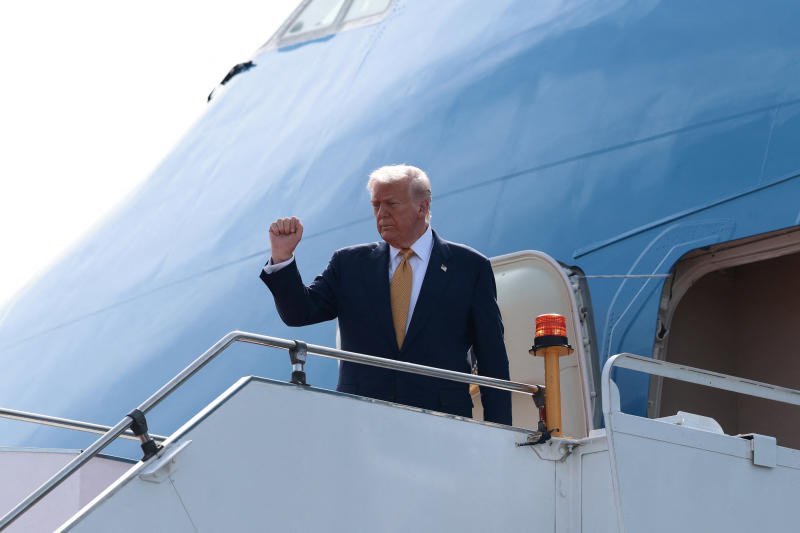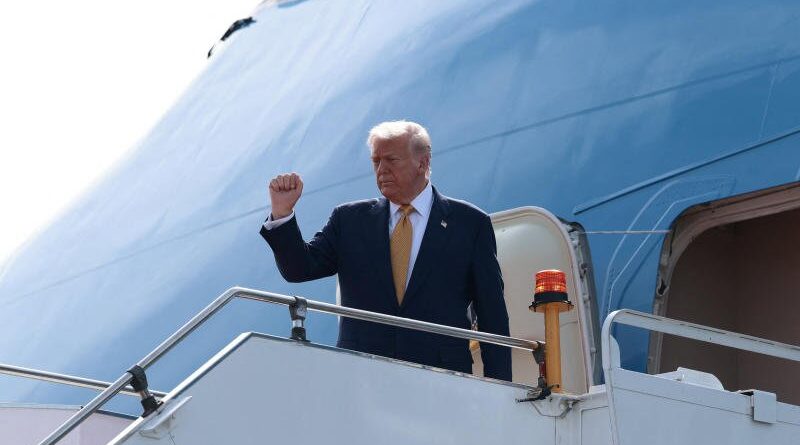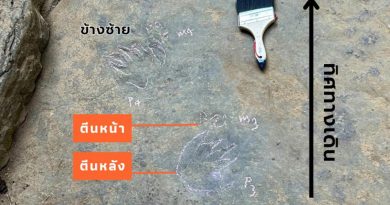US signs rare earth MOUs with Malaysia, Thailand. Can it hedge against China?

The United States has ramped up efforts to hedge against rare earth export controls by China – the world’s dominant supplier – through agreements signed on Sunday with two Southeast Asian countries, including one that experts believe could deliver results relatively quickly.
Memoranda of understanding with Malaysia and Thailand pave the way for increased critical mineral exports to US automotive, defence and hi-tech hardware manufacturers – following a US$8.5 billion US-Australia framework deal earlier this month.
Both agreements, however, will require industry support and time to develop processing capacity before raw materials reach US buyers in significant volumes, said Charles Chang, a finance professor at Fudan University in Shanghai.
Still, analysts said the two accords could eventually help reduce US dependence on China in the event of a prolonged trade dispute, which has already seen Beijing restrict exports of the critical minerals.
China accounts for about 70% of global mining for rare earth metals – a subcategory of critical minerals – and 90% of processing output, according to the Center for Strategic and International Studies, a prominent US think tank.
US electric vehicle makers, for instance, rely heavily on certain rare earth metals. “If they can get those materials from Malaysia and Thailand, which means that the US puts concrete plans in place to actually buy those materials on long-term contracts, and they put the downstream processing in place, then an agreement will help,” said Jon Hykawy, president of the Toronto-based industry advisory Stormcrow Capital.
“This is always a good hedging strategy for the US,” said Chen Zhiwu, chair professor of finance at the University of Hong Kong. “It’s the simple reality that other countries won’t want to be subject to other actions to be taken by future Chinese officials.”
Earlier in October, Beijing expanded export controls on rare earth materials, technologies and dual-use items as part of its trade war with the US. But implementation could be eased after talks with Washington in Kuala Lumpur over the weekend and an expected meeting between the two presidents this week, as hinted by US Treasury Secretary Scott Bessent.
Agreements between the US and other countries, even if the benefits only pay off in the long term, might increase US bargaining power with China, Chang of Fudan University said.
“The Australia, Malaysia and Thailand announcements are aimed at reducing China’s negotiation leverage,” he added.
Beijing, however, need not worry for now as it still has “the most stable and the cheapest supply chain”.
US President Donald Trump and Thai Prime Minister Anutin Charnvirakul signed a memorandum of understanding to “secure and diversify” critical mineral supplies, the White House said in a statement. They also agreed to promote partnerships between US and Thai companies while enhancing “global supply chain resilience”.
Malaysia and the US also reached an agreement to promote trade and investment in the exploration, extraction, processing and refining of critical minerals, the White House said in a separate statement on Sunday.
The Malaysia agreement will support the transition to “efficient and secure critical mineral and rare earths markets”, the White House added.
While many countries have reserves, analysts said in August that Malaysia’s industry, unlike many others, could scale up quickly because of its existing processing capacity. A Malaysian government business model has called for “fast-tracking” the sector’s supply chain.
The two US agreements were announced during Trump’s participation at the 2025 Association of Southeast Asian Nations summit in Kuala Lumpur.
Source – Bangkok News




